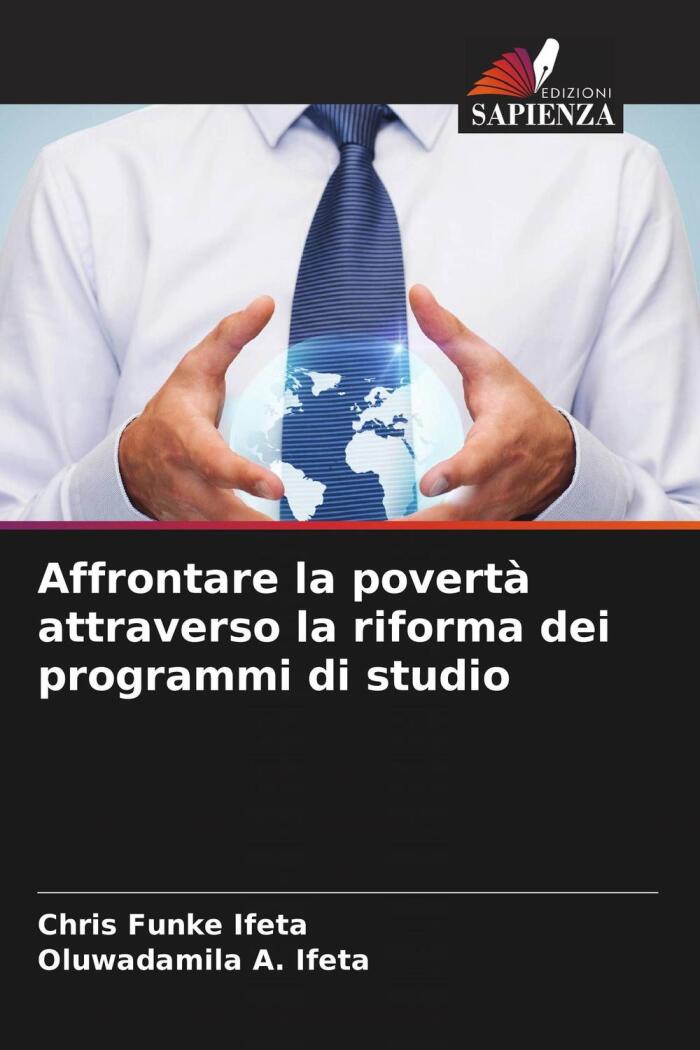
Affrontare la povertà attraverso la riforma dei programmi di studio
아직 평점이 없습니다
Science & Technology
형식
페이퍼백
페이지
64
언어
이탈리아어
출판됨
Jan 2, 2023
출판사
Edizioni Sapienza
판
1
ISBN-10
6205552280
ISBN-13
9786205552285
설명
In an age where the digital landscape is ever-expanding, the role of education in addressing poverty has become increasingly crucial. This exploration highlights the essential integration of information and communication technologies (ICT) into the educational framework. The authors articulate a compelling vision where revamped curricula serve not just as tools for knowledge acquisition, but also as catalysts for economic and social upliftment.
They delve into the potential of ICT to bridge educational gaps, particularly in underprivileged communities. By equipping learners with necessary digital skills, the study emphasizes the transformative power of technology in fostering opportunities that can lift individuals out of poverty. The narrative is rich with examples showcasing successful implementations and the challenges that remain.
Moreover, Funke Ifeta and Oluwadamila Ifeta unveil strategies for education reform that are not merely theoretical but grounded in realistic applications. They advocate for a collective approach involving educators, policymakers, and communities to mold an accessible and effective educational environment.
Through their insightful analysis, the authors invite readers to envision a world where education is the foundation for overcoming poverty, urging a shift in perspectives towards how educational reforms can yield enduring change. The message is clear: rethinking education in the digital era holds the key to a more equitable future.
They delve into the potential of ICT to bridge educational gaps, particularly in underprivileged communities. By equipping learners with necessary digital skills, the study emphasizes the transformative power of technology in fostering opportunities that can lift individuals out of poverty. The narrative is rich with examples showcasing successful implementations and the challenges that remain.
Moreover, Funke Ifeta and Oluwadamila Ifeta unveil strategies for education reform that are not merely theoretical but grounded in realistic applications. They advocate for a collective approach involving educators, policymakers, and communities to mold an accessible and effective educational environment.
Through their insightful analysis, the authors invite readers to envision a world where education is the foundation for overcoming poverty, urging a shift in perspectives towards how educational reforms can yield enduring change. The message is clear: rethinking education in the digital era holds the key to a more equitable future.